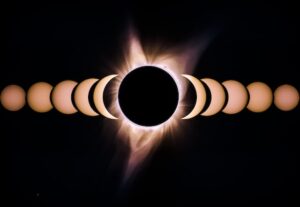Time, Motion and Matter

From the way in which time and space are given to us, we can also ‘deduce’ two other new necessary thought contents: motion and matter. If we come back to the initial content of our pure representations of space and time, they are magnitudes in which there is no difference. As an empty space, space …




